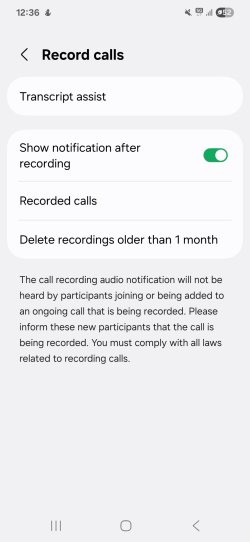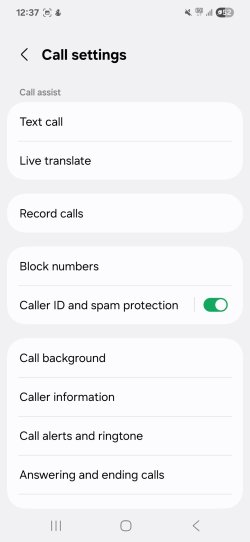kevrosmith
Established Member
- Joined
- Feb 13, 2009
- Posts
- 2,597
Are people aware of "plus addressing" for email addresses? Not a replacement for multiple email accounts per se, but you can use it to distinguish where an email has come from when you give out a specific email address.
Plus addressing generally works in most places. If your email address is "[email protected]", you can put "[email protected]" and it will still be routed to your regular email account/inbox. There's no configuration needed to allow the additional word in your email address. You could, for example, use "[email protected]", or "[email protected]" when signing up to specific email lists.
On your inbox side, you could then create a rule which automatically diverts/files away an inbound email to a specific address... e.g. File everything from [email protected] into a Myer folder for reading later.
Note that there's reports some apps/sign-in fields don't permit a plus character in the username/email format, and there are other limitations, but for signing up to newslists etc. it could be useful for some.
Just to add: I'm not suggesting that using plus addressing is a way to avoid hacking, but it's still a useful strategy for filtering emails and providing a "unique" address to email lists etc. Certainly, anyone who knows about plus addressing can remove the part after the +, but it's still a useful feature, and figured some here may not be aware of it.
Plus addressing generally works in most places. If your email address is "[email protected]", you can put "[email protected]" and it will still be routed to your regular email account/inbox. There's no configuration needed to allow the additional word in your email address. You could, for example, use "[email protected]", or "[email protected]" when signing up to specific email lists.
On your inbox side, you could then create a rule which automatically diverts/files away an inbound email to a specific address... e.g. File everything from [email protected] into a Myer folder for reading later.
Note that there's reports some apps/sign-in fields don't permit a plus character in the username/email format, and there are other limitations, but for signing up to newslists etc. it could be useful for some.
Just to add: I'm not suggesting that using plus addressing is a way to avoid hacking, but it's still a useful strategy for filtering emails and providing a "unique" address to email lists etc. Certainly, anyone who knows about plus addressing can remove the part after the +, but it's still a useful feature, and figured some here may not be aware of it.
Last edited:
















